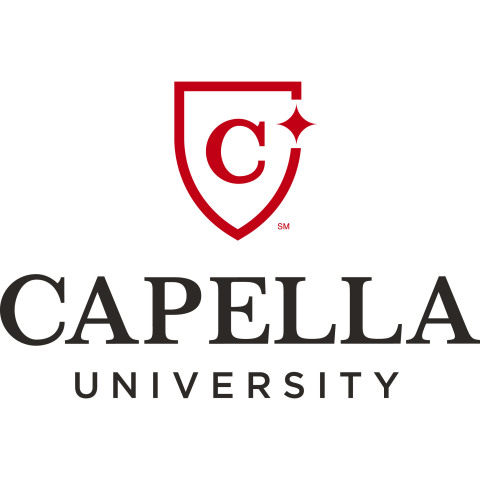Prior Learning Assessment for a New Era: Report Forecasts Changes in the Way Colleges and Universities Use PLA
Prior Learning Assessment for a New Era: Report Forecasts Changes in the Way Colleges and Universities Use PLA
New research brief from Capella University shares findings on how institutions can adopt PLA to support student success and cost savings
MINNEAPOLIS--(BUSINESS WIRE)--Capella University, the trailblazing online university serving working adults, today released a new report detailing recommendations for how institutions can more effectively use prior learning assessment (PLA) as a tool for helping to improve student outcomes.
The report, “Unlocking the [Full] Potential of PLA”, is part of the University’s ongoing efforts to surface high-impact best practices that can help improve outcomes for non-traditional learners and share findings with peer institutions and experts in higher education.
“As students and universities recover from the unprecedented economic turmoil and public health crisis of the past year, adult-serving online institutions are in many ways at the center of our nation’s response,” said Dr. Dick Senese, President of Capella University. “Improving the effectiveness of practices such as PLA is one way that institutions can reduce barriers to access and affordability and offer educational experiences that are tightly-coupled with the needs of the students we serve.”
The report found that on average, students at Capella University who earn PLA credits, spend less money to obtain their degrees, are more likely to persist throughout their degree programs, and accumulate credits at a faster rate. Despite the potential of PLA to improve outcomes, it is still widely underused by students even as more institutions attempt to implement it.
Prior learning assessment, sometimes called “credit for prior learning”, is the practice of documenting a learner’s existing knowledge and skills through written assessments and portfolios of work. In exchange, students can receive college credit for their previous experiences learned outside of formal instruction.
“There is strong evidence that PLA can be an invaluable tool for decreasing time to completion and reducing college costs—all by recognizing and valuing the learning that students may bring from their work and life experiences,” said Becky Klein-Collins, Vice President of Impact at the Council for Adult and Experiential Learning. “This report makes an important case for adult-serving institutions to redesign PLA for a new era—in a moment in our history when we need working adults to continue learning and acquiring the credentials that support our knowledge economy.”
The report is one in a series of research reports from Capella University on advances in innovative delivery models for adult learners. In 2019, the University released “Moving Competency-Based Education Forward,” documenting learner outcomes and observations from its landmark FlexPath Direct Assessment model's first five years of implementation.
For more information on how the PLA findings were calculated, view the full report here.
Capella University (www.capella.edu) is accredited by the Higher Learning Commission. Founded in 1993, the University is dedicated to providing flexible, professionally aligned online degree programs designed to help working adults advance in their careers. Known for its commitment to learner success, academic quality and innovations in online education, Capella pioneered competency-based direct assessment programs, allowing learners to learn at their own pace. For more information, call 1.888.CAPELLA (888.227.3552).
Contacts
Elaine Kincel
elaine.kincel@strategiced.com
202-557-4920
